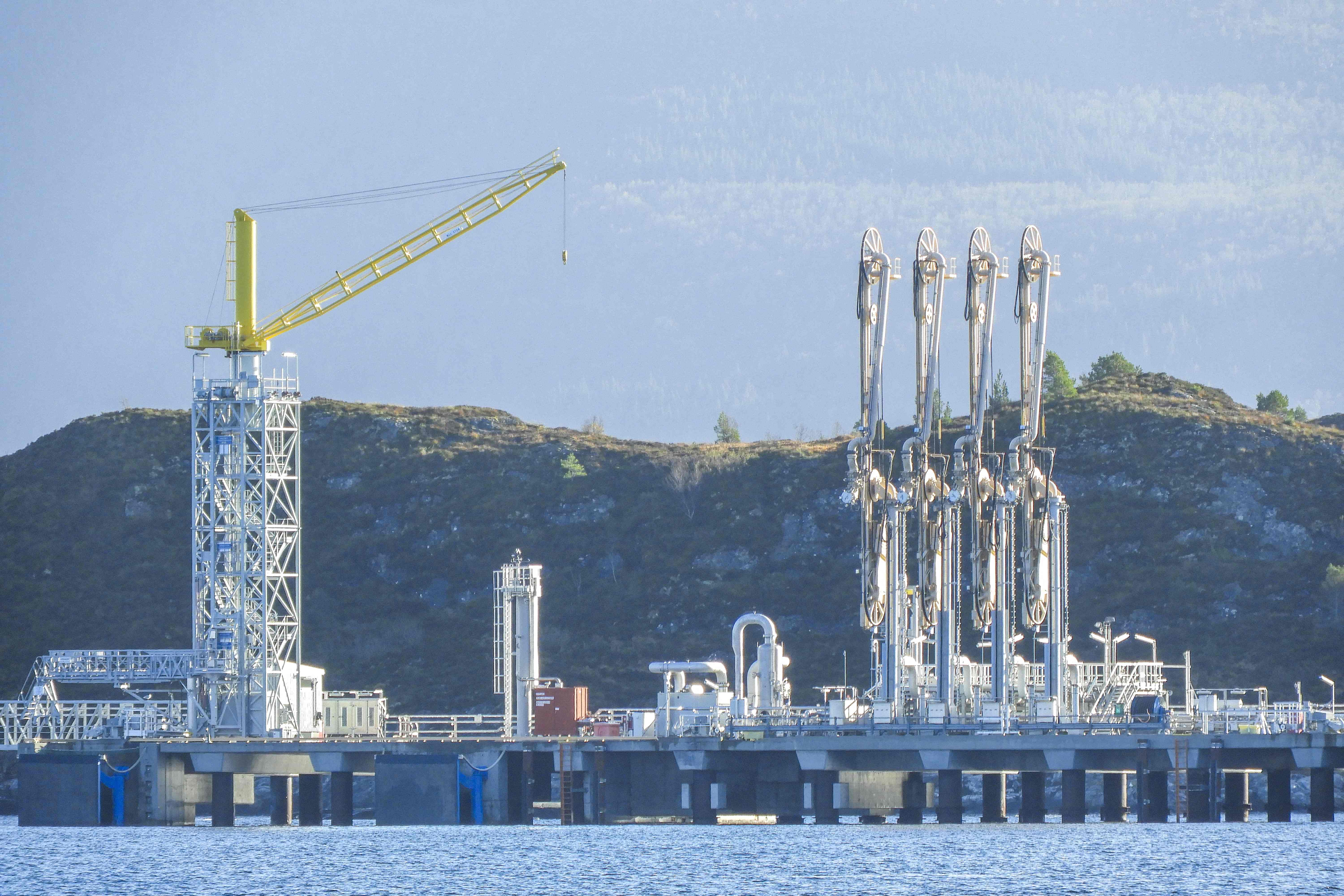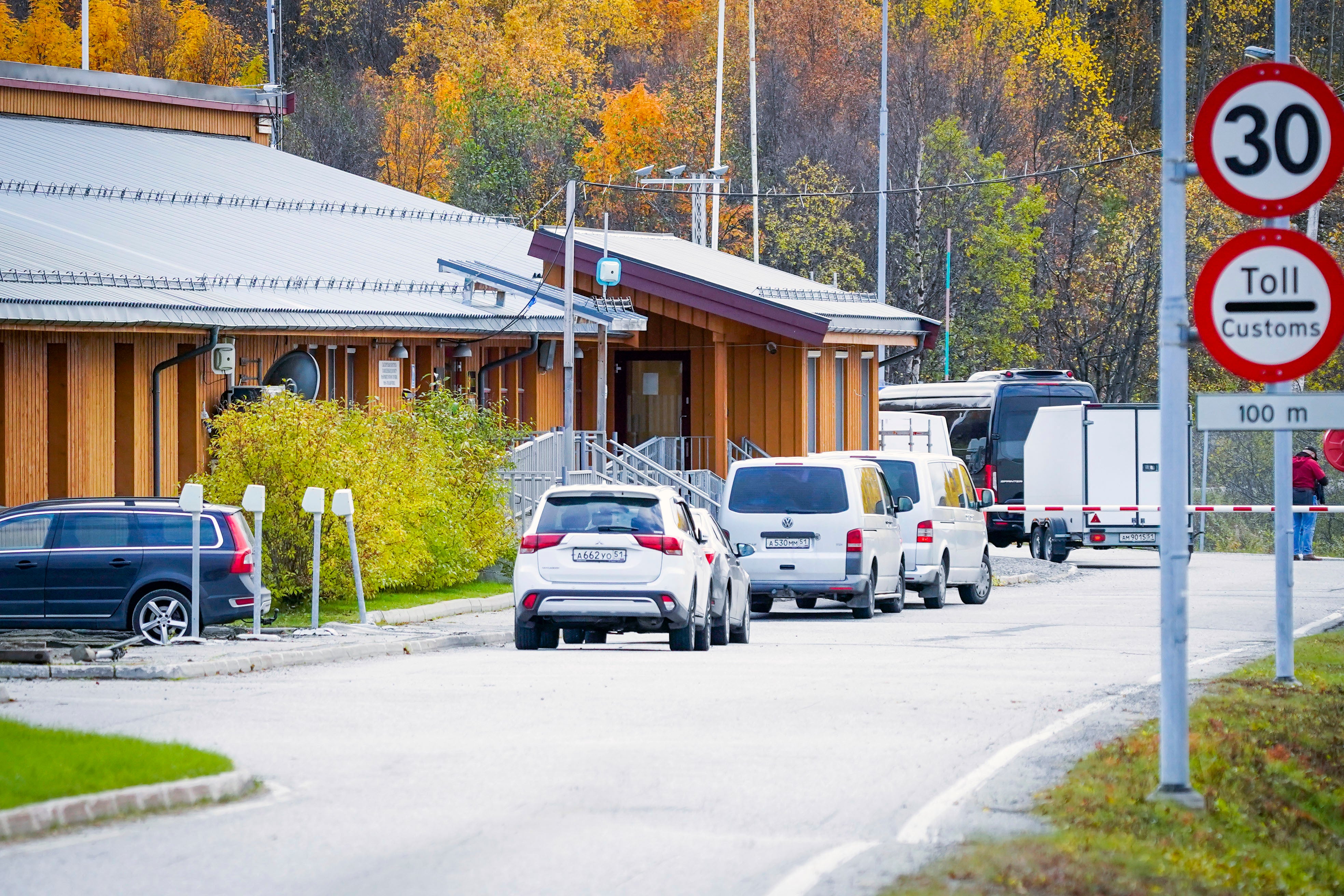Russian man suspected of flying drones near Norwegian oil and gas platforms arrested
The drones were found during checks at a border crossing point

Your support helps us to tell the story
From reproductive rights to climate change to Big Tech, The Independent is on the ground when the story is developing. Whether it's investigating the financials of Elon Musk's pro-Trump PAC or producing our latest documentary, 'The A Word', which shines a light on the American women fighting for reproductive rights, we know how important it is to parse out the facts from the messaging.
At such a critical moment in US history, we need reporters on the ground. Your donation allows us to keep sending journalists to speak to both sides of the story.
The Independent is trusted by Americans across the entire political spectrum. And unlike many other quality news outlets, we choose not to lock Americans out of our reporting and analysis with paywalls. We believe quality journalism should be available to everyone, paid for by those who can afford it.
Your support makes all the difference.A Russian man has been detained in Norway, suspected of flying unmanned drones in the country.
The fifty-year-old was found with two drones, following a number of drone sightings near to Norwegian offshore oil and gas platforms in recent weeks.
The Russian citizen was detained on Tuesday but has not been identified.
Customs officers discovered two drones and several electronic storage devices in the man’s luggage, whilst he was undergoing a routine check at the Storskog border crossing, Norwegian media reported.
The Storskog border crossing is the only crossing point on the 123 mile-long Arctic border between Norway and Russia.
It is suspected that the man breaches sanctions which came into force after Russia went to war against Ukraine, prosecutor Anja Mikkelsen Indbjor told Norwegian broadcaster NRK.
Under Norwegian law, Russian companies or citizens are prohibited from operating aircraft "to land on, take off from or fly over Norwegian territory".
Although Norway is a NATO member, it is not a member of the European Union. It does however share its views on the war in Ukraine.
The Russian man’s defence lawyer, Jens Bernhard Herstad, told Norwegian daily Dagbladet that his client has admitted to flying the drones but has declined to say what exactly he was doing in Norway.
Norwegian justice minister Emilie Enger Mehl explained that it was "too early to draw conclusions".
"It is known that we have an intelligence threat against us which has been reinforced by what is happening in Europe," the minister told NRK.

Recent tensions, and last month’s underwater explosions that ruptured two natural gas pipelines in the Baltic Sea, have led to heightened security around key energy, internet and power infrastructure that were built to send Russian gas to Germany.
The blasts in the Baltic Sea happened in international waters near to both Sweden and Denmark. They were, however, within the countries’ exclusive economic zone.
The damage to the Nord Stream pipelines discharged huge amounts of the potent greenhouse gas, methane, into the air.



Join our commenting forum
Join thought-provoking conversations, follow other Independent readers and see their replies
Comments